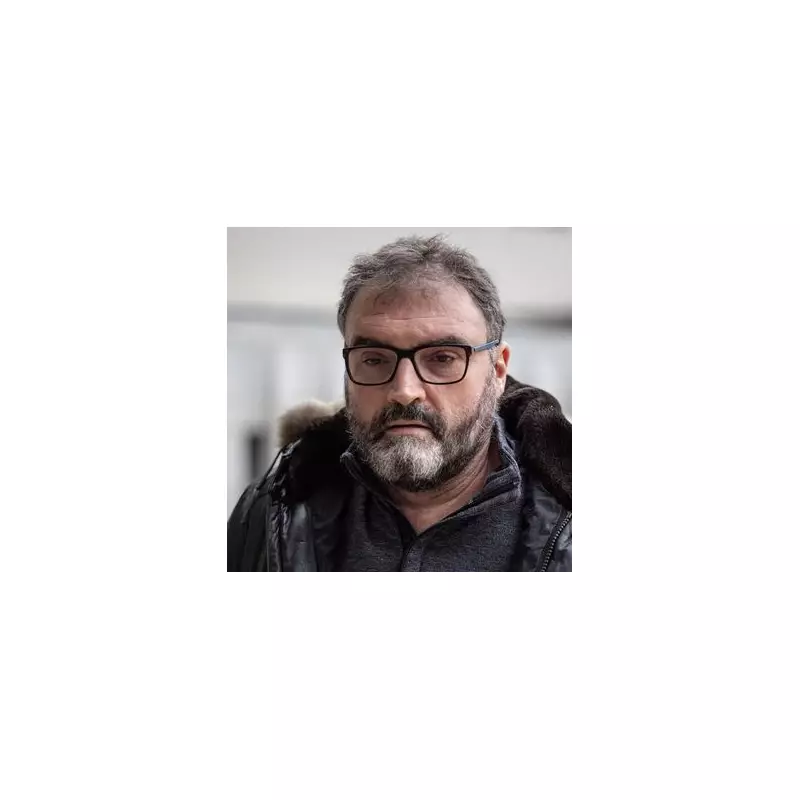
A shocking case of medical betrayal has emerged from Germany, where a doctor was found guilty of murdering patients through deliberate poisoning. The physician's motive was as horrifying as his crimes: he wanted to prove his colleagues wrong.
The 55-year-old doctor, whose name is withheld under German privacy laws, worked at a clinic in the northwest German town of Oldenburg. The court heard how he administered dangerous, non-prescribed drugs to at least three patients, leading to their deaths. Prosecutors believe he may have poisoned dozens more.
A Chilling Motive
In a twisted attempt to demonstrate his medical expertise, the doctor intentionally induced severe health complications in his victims. He sought to trigger life-threatening conditions like cardiac arrests or severe hypotension (low blood pressure), purely so he could then 'heroically' attempt to resuscitate them in front of his peers.
His goal was to showcase his supposed diagnostic skills and validate a theory about a rare heart condition that his colleagues doubted. This monstrous experiment resulted in the ultimate price for his patients.
A Trail of Victims and a System Breached
The scale of his actions is staggering. While convicted for three murders and two attempted murders, prosecutors presented evidence suggesting he may have tampered with over 30 patients. The crimes came to light when an autopsy revealed a high concentration of a powerful antiarrhythmic drug in one victim's system—a medication they had never been prescribed.
The case has sent shockwaves through the medical community, raising profound questions about oversight and the terrifying potential for a trusted professional to become a predator in a white coat.
Justice Served and a Community in Mourning
After a lengthy trial, the court delivered a verdict that reflected the gravity of the offences. The doctor was sentenced to life in prison. The presiding judge condemned his actions as a "grave breach of the duty of care owed to patients" and an attack on the very foundation of the doctor-patient relationship built on trust.
For the families of the victims, the verdict brings a measure of closure, but the pain of losing a loved one to such a senseless and cruel act remains. This case serves as a dark reminder of the vulnerabilities within even the most advanced healthcare systems and the critical need for robust safeguards.





